ISDC ACADEMY
Food Security in Crises
A one-week on-site practitioner training on rethinking programming for food security in fragile settings
On site in Berlin, Germany
Aims
With almost 300 million people severely affected by food insecurity worldwide, many in protracted crises, and at times of funding scarcity, there is an urgent need to re-consider how best to deliver food security programming. The ISDC Academy ‘Food Security in Crises’ will address this need, based on the latest scientific insights. The overall aim is to teach, support and empower professionals in the field to maximise their personal impact, and to draw lessons from current interventions and cutting-edge research on how best to improve food security in an uncertain world. In addition, the ISDC Academy will also afford the opportunity to reflect specific future needs, and allow for tailored follow-up coaching and mentoring, including on an agency or one-on-one basis.
Learning Objectives
By the end of the academy, you will be able to:
- understand shifting contexts, analyse beneficiary needs and write sound theories of change statements for food security programmes in crisis settings;
- anticipate and navigate crisis-related constraints and common pitfalls of food security programming in fragile settings;
- design and implement real time monitoring and adaptive programming, adjusting resources, activities, timelines and support;
- Deliver programmes with a measurable impact, providing accountability to beneficiaries and donors alike; and
- Start a sustained learning journey, keeping up to date with new insights, applying this learning to your own work, aided by coaching, mentoring and discussion sessions.
Target Audience
The academy is a great fit for you, if you:
- have a role in funding, designing, implementing and / or evaluating food security programmes;
- are seeking to accelerate your skill development;
- have a geographic focus on LMICs and/or fragile countries; and
- bring topical or sectoral experience in food and nutrition security; hunger or famine response; disaster and emergency planning; triple nexus interventions; forced displacement interventions; nutrition-sensitive agriculture; restoration / creation of irrigation; value chain development; rural development and food systems; farmers’ associations; gender dimensions of development; interventions to support children and mothers; and / or training and knowledge sharing.
Given the nature of the training, a Master’s degree in development, humanitarian assistance, agricultural sciences, social science, public administration or law would be an advantage.
Participants should be fluent in written and spoken English – equivalent to B2 or better.
Background
Food security crises continue to occur worldwide – notably across parts of Africa, the Middle East and Asia. This is despite major investments in humanitarian and early recovery programmes and the broad ambitions of the Sustainable Development Goals which include Zero Hunger as SDG2. Recent estimates suggest that 295 million people in 53 countries are still affected by food insecurity (Food Crises Report, May 2025). At the same time, donor resources for development and humanitarian support are shrinking, with donors increasingly seeking to support evidence-based interventions delivering measurable impacts.
Against this background, there is an urgent need to refresh thinking on how best to tackle food insecurity, particularly in settings which are facing increasing complexities across economic, political, social and climatic dimensions. Food aid, for example, might address short-term needs but is less well-placed to tackle chronic malnutrition, which in turn is compounded by the problems of institutional collapse in failing states, or the specific needs from vulnerable groups like young children, mothers or the forcibly displaced and the climatic shocks they are increasingly experiencing. For senior programme staff, it is key to be able to monitor changing needs and changing contexts in real time, understand how their interventions unfold and what impacts they deliver, and to anticipate what might work better or more sustainably. To do so effectively, managers in the field must know how to access and update their knowledge – ensuring that the impact of current expenditure is maximised as well as understanding how to develop sustainable interventions with local ownership. Doing so is key to avoiding aid dependency, achieving exit and delivering lasting impact.
Practitioners need an opportunity to learn from thought leaders in the field about the latest insights from studies from around the world, share experiences in a safe environment with other colleagues with hands-on experience, and start developing programmes in a collaborative manner. These steps will enable practitioners to rise to the challenges of food insecurity in a rapidly changing world, designing and implementing responsive and effective future programming.
Your expert trainers
Your expert trainers will be a team of experienced professionals with decades of hands-on experience running and evaluating programming in Africa, the Middle East and North Africa and Asia.
Lead Trainers
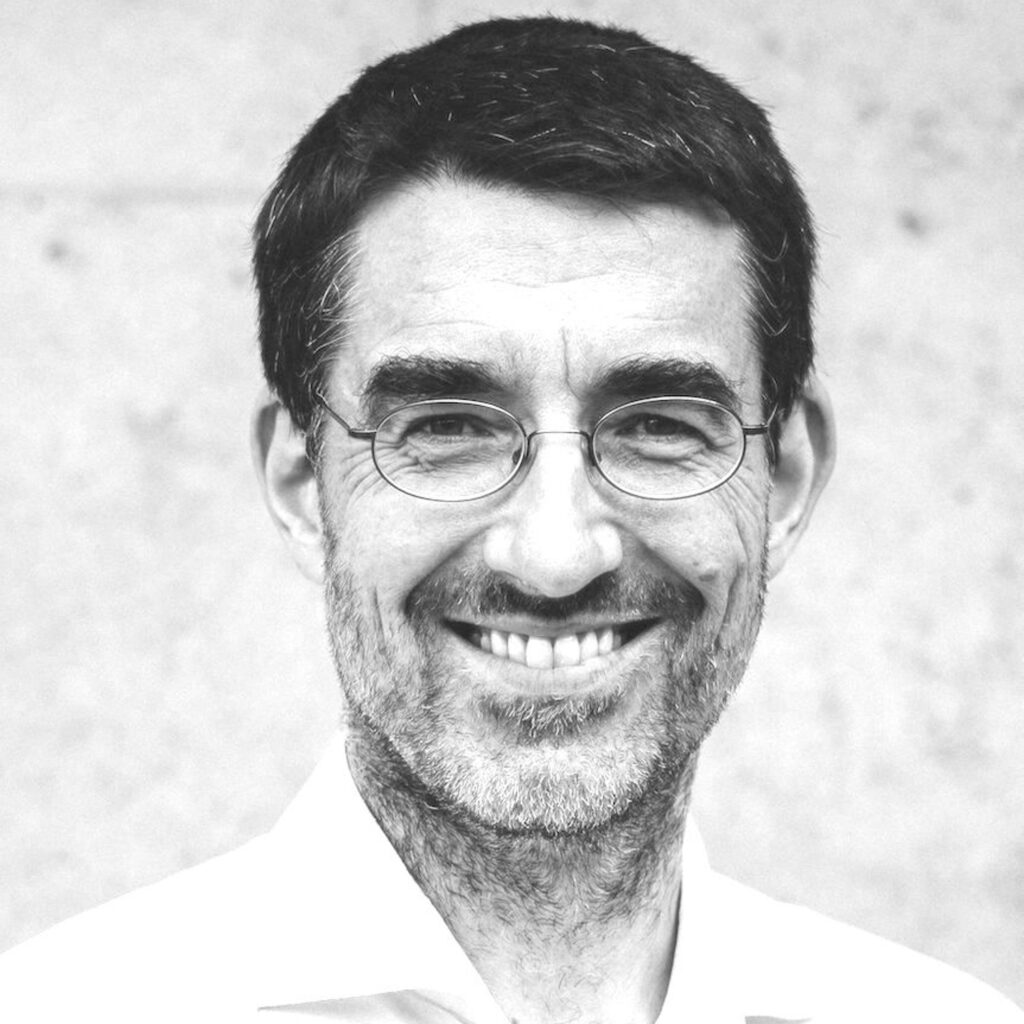
Prof. Tilman Brück
Professor, Humboldt University of Berlin
Team Leader, Leibniz Institute for Vegetable and Ornamental Crops
Founder and Director, ISDC

Dr. Mike Robson
Food Security and Food Systems Consultant
Former FAO Country Representative in Syria and Bangladesh
Senior Advisor to Deputy Director General, FAO
Guest Trainers

Dr. Ghassan Baliki
Director, Welfare Research Program, ISDC

Dr. Francisca Castro
Postdoctoral Researcher, ISDC

Dr. Neil Ferguson
Director, Peacebuilding Research Program, ISDC
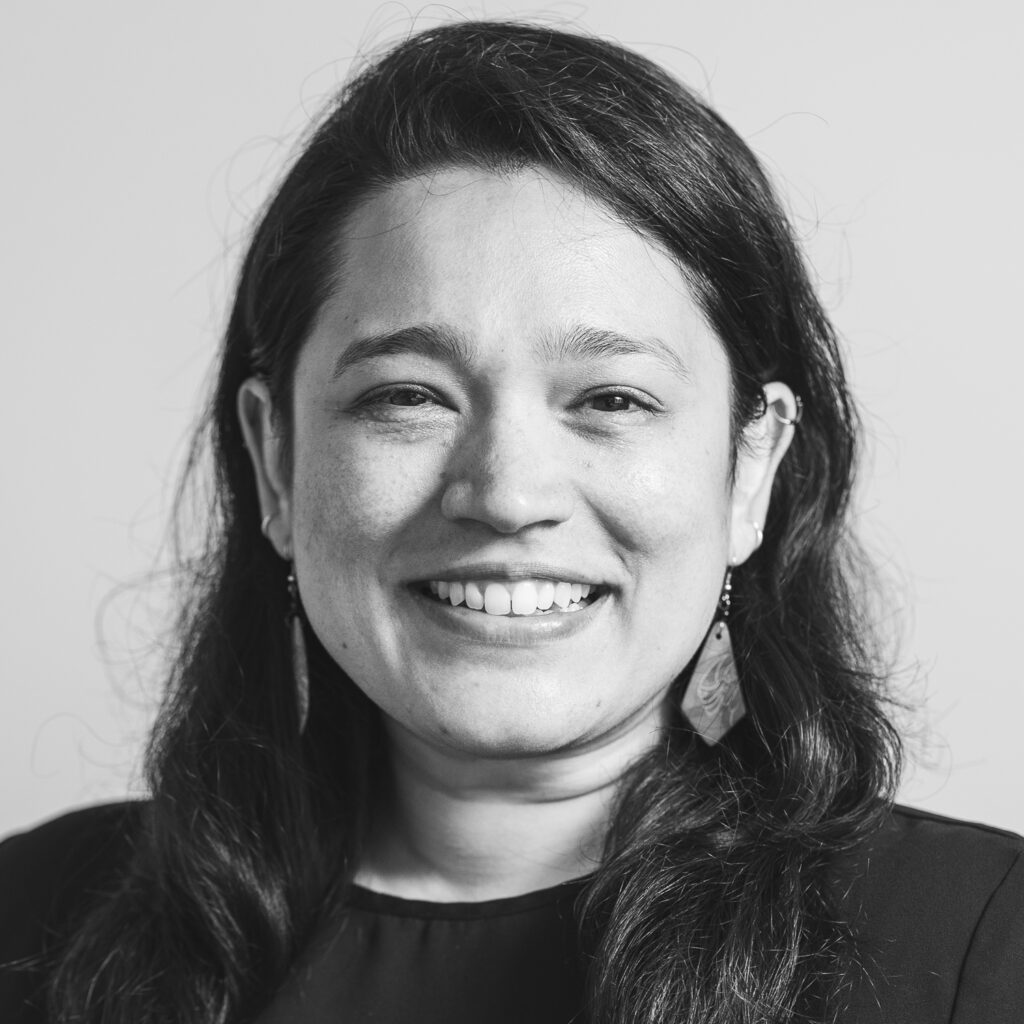
Dr. Audrey Pereira
Senior Researcher, ISDC

Dr. Wolfgang Stojetz
Director, Behavior Research Program, ISDC
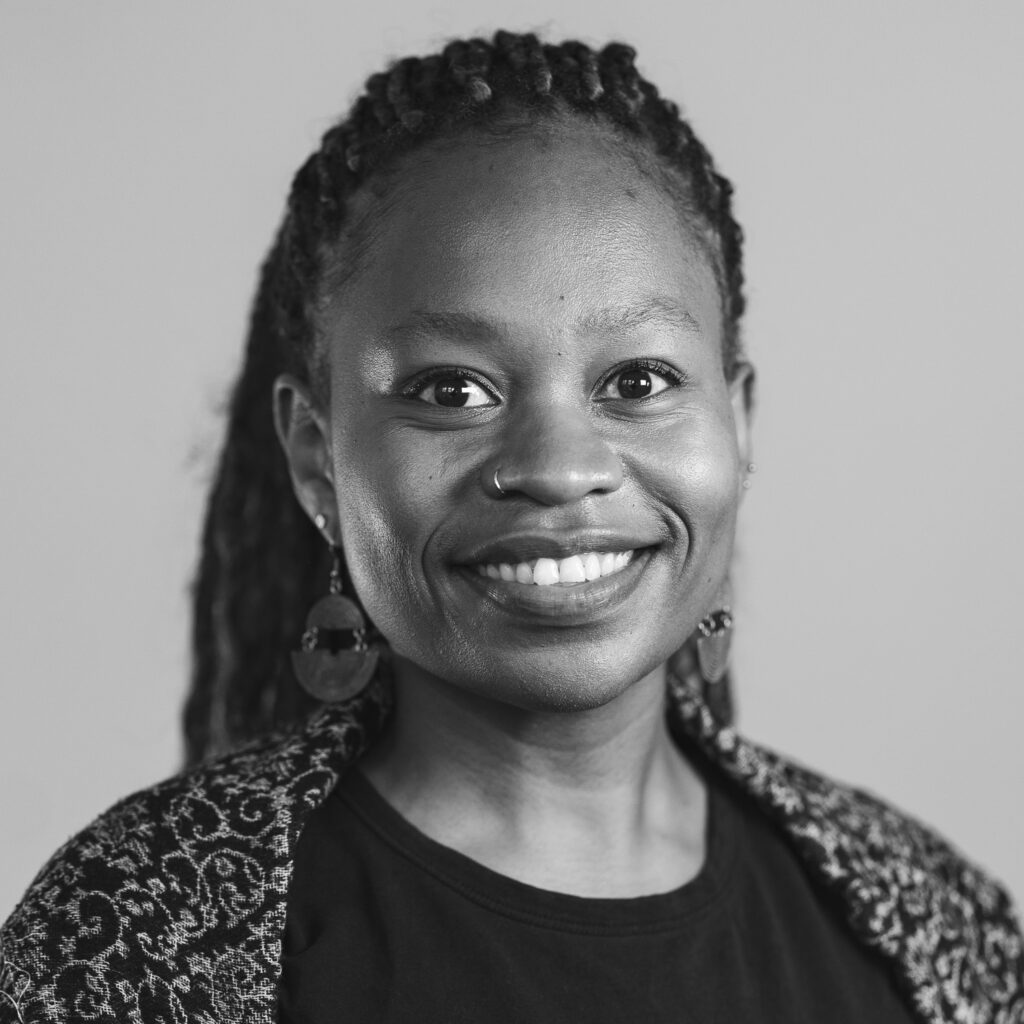
Dr. Lame Ungwang
Postdoctoral Researcher, ISDC
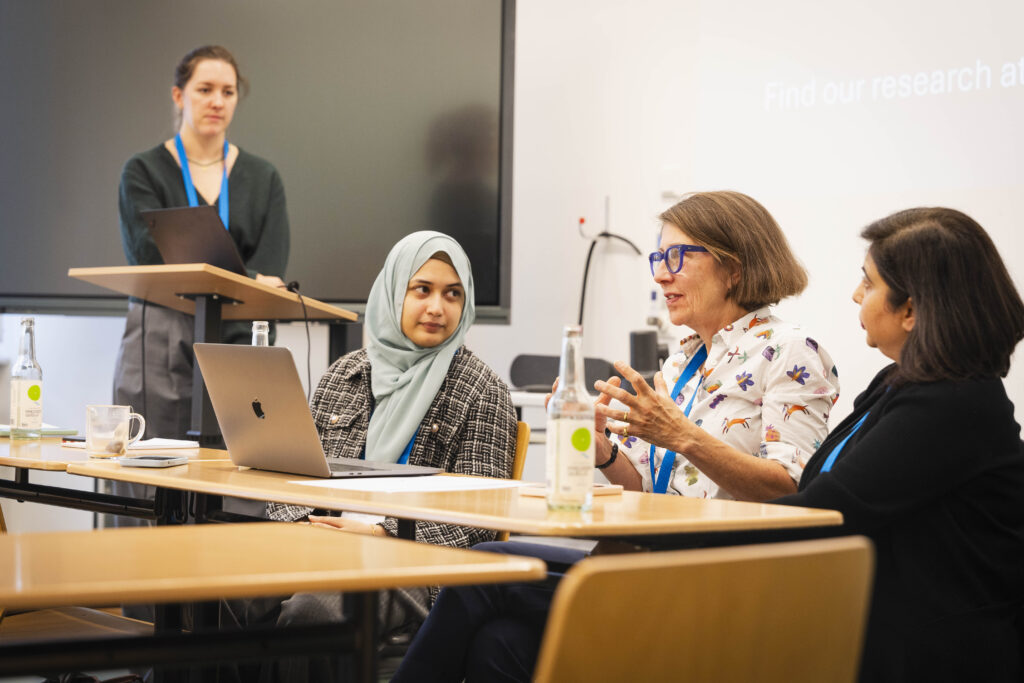
Content
The ISDC Academy offers the space to reflect on the strengths and weaknesses, opportunities and threats of food security programming in insecure contexts. Working with practical examples and solid design principles, the course will train participants to adopt new ways to define, deliver and measure food security programmes, increasing the efficiency and impacts of these efforts. Participants will also bring a case study of their own, working collaboratively to apply newly learnt insights into real-world contexts.
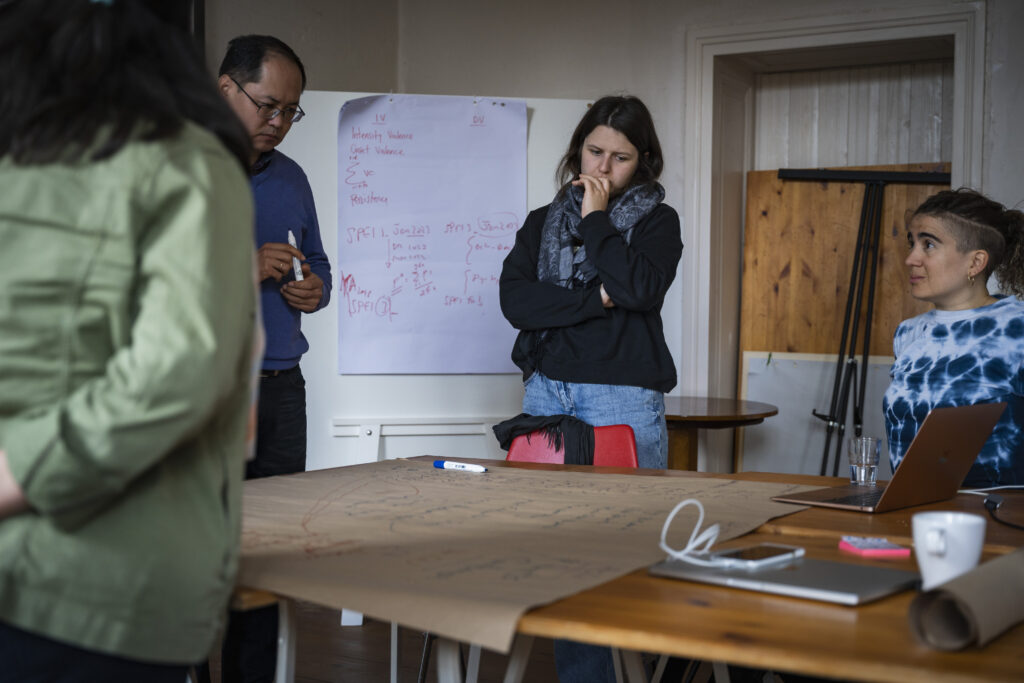
Logistics
The ISDC Academy will be offered for five full days (9am – 5pm, Monday to Friday) from 26 – 30 January 2026. Participants are expected to arrive by Sunday, 25 January 2026, and depart no earlier than Saturday, 31 January 2026.
It will take place at ISDC’s office at Gerichtstr. 49, 13347 Berlin, Germany, which is in the heart of the city in a busy multi-cultural district.
Participants will arrange and cover their own travel and accommodation, including securing visas (if applicable). We supply invitation letters for visa applications where required.
Join us in Berlin!
The ISDC Academy is an excellent opportunity to expand on your knowledge and skills, thus also increasing the capacity of host organisations to integrate rigorous evidence-based insights in their programming.
The dates for the ISDC Academy will be announced soon. If you are interested in attending, get in touch with us via academy@isdc.org!
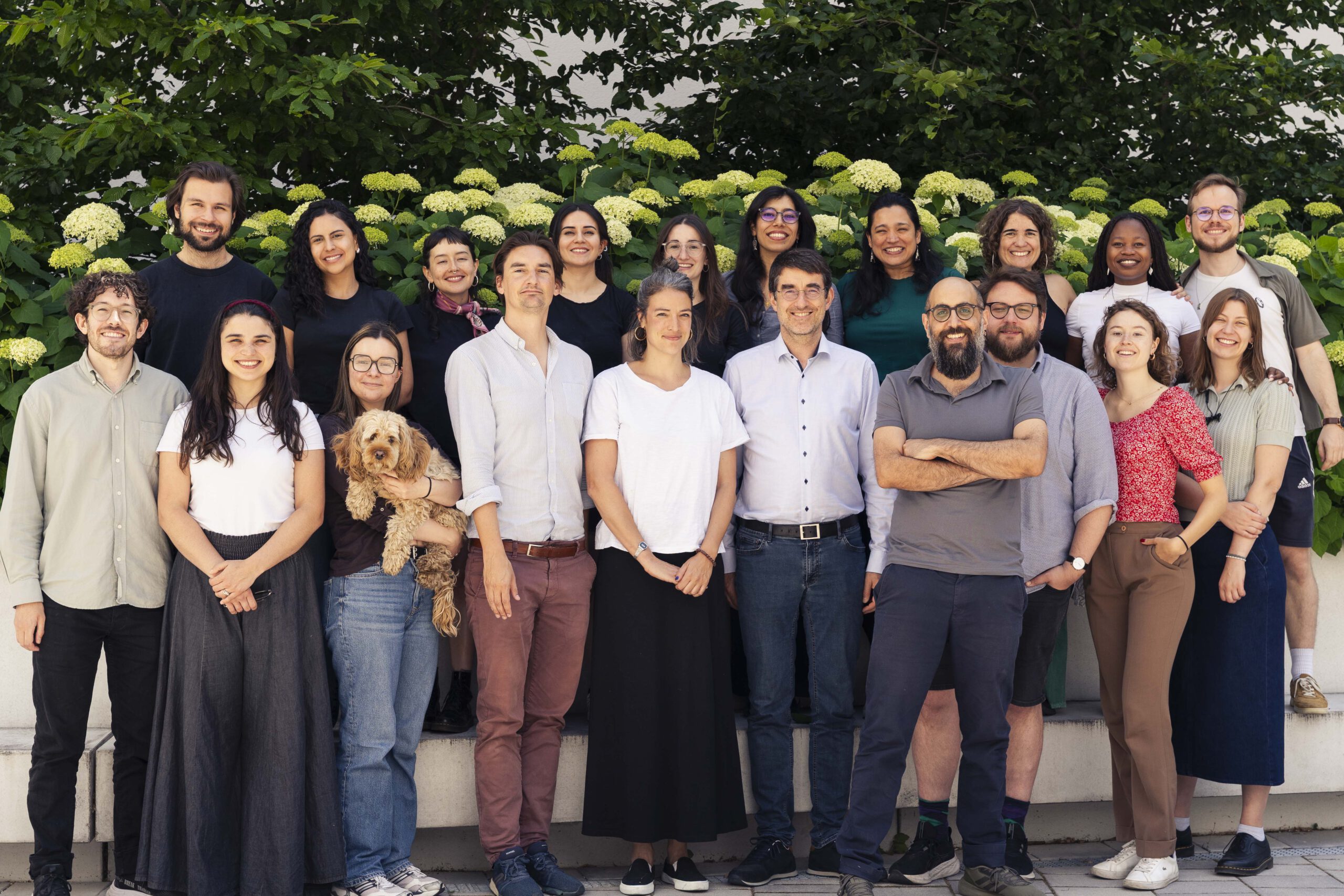
About ISDC
ISDC – International Security and Development Center is a non-profit academic institute based in Berlin, Germany. We conduct research to improve lives and livelihoods shaped by violent conflict, fragility, and humanitarian emergencies. We believe in the power of data and evidence for understanding and alleviating suffering around the world.
We work with partners around the world to generate evidence and improve programs. As a charity, we are committed to using data and analysis for achieving the Sustainable Development Goals. As the world’s leading research institute to study fragile and conflict-affected settings, we have many years of experience in regions like Sahel, East Africa, Middle East, and Central Asia. We regularly collect and analyse micro data and deliver policy advice to senior decision makers.


